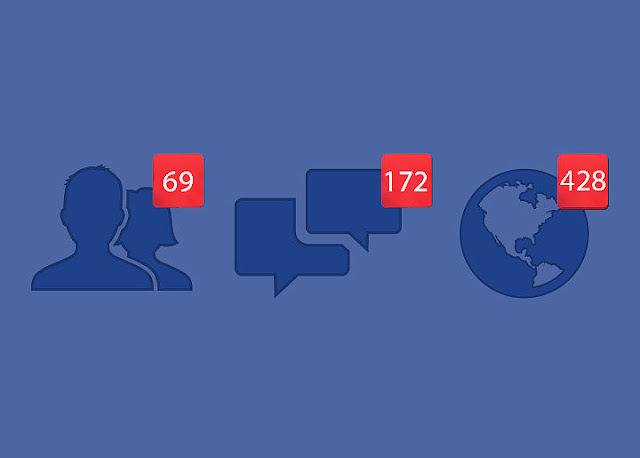It is no longer possible today to deny the impact of
social networks on our society and on our daily lives. On the other hand, we
must be aware of the excesses that accompany it.
In just a few years, social networking sites have become
the most popular landmarks on the Internet. They revolutionized the way we
communicate, and socialized the web. But if it is now impossible to deny their
impact, it can take various forms, all of which are not positive ...
1. Impact on the policy
This is an impact that was little talked about, or that
concerned only distant regimes, but since the election of Donald Trump took a
different turn. Remember, until about two years ago, social sites were
primarily the vectors of the oppressed, destined to rally them in countries
subject to political turmoil, or forms of oppression, such as China, Iran,
Russia, etc. Today, social networks have become a weapon - too often of massive
misinformation - in the hands of our policies.
2. Impact on the business
Companies have seized social media, the latter being too
happy to chew on the advertising manna, to communicate, announce, recruit,
retain. Social networks have also become marketing tools, which feed their
strategies and allow them to decrypt our behavior. And this is not likely to
change, in the face of traditional advertising, especially television, social
media are both less expensive, and especially more effective because more
personalized.
3. Impact on productivity
This is a very ambiguous impact ... First, many companies
have banned the use or blocked access to social networks on the desk of their
employees. The latter are certainly spending too much time there, resulting in
losses of productivity which amount to billions. But nothing can stop the wave
of Facebook, LinkedIn, Twitter, etc., which come back on the run on
smartphones. And then, by promoting social relations, social networks can prove
to be productivity tools. It remains to find the right balance!
4. Impact on socialization
Ambiguity reigns again. Certainly social networks promote
contact and exchange. However, these are rarely professional. And the drift is
clear because the most addicted to networks are often in relation with people
they do not know, except to have some sociological themes in common. From the
discovery and learning of the world, the practice of social media very often
leads to isolation that can drift towards forms of fundamentalism. This is the
reverse impact of the one announced initially.
5. Impact on privacy
What privacy are we talking about? In many cases it no
longer has a border on the web, and individuals are displayed without worrying
about the image they give of themselves. Until the return of stick of which few
are those who are able to rely completely. Worse, unpacking many people on the
web makes them totally vulnerable. And what about employers who will visit the
accounts of candidates, and support part of their decision on what they will
discover? That the mistakes of the past regularly close the doors of jobs. And
that the unthinking positions become the cleavage of relational
disappointments.
6. Impact on threats
Theft of data and identity, cyber-bullying, harassment,
the list of abuses impressed by unscrupulous people is long, and will not close
before long. And online attackers do not care about age, sex, or social
background, everyone is a potential victim.
The assessment of the impacts of social networks on
society is rather shared. But if you look at it closely, the real problem lies
in how we use social media. Unconsciousness leads to drifting, whereas
conversely a thoughtful use can reveal little enriching. There are social
networks like security, the human is the weak link ...

No comments:
Post a Comment